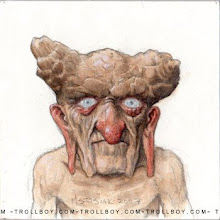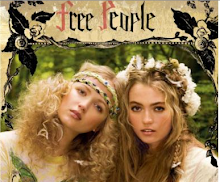A reader reminds me that not all—or even most—werewolves consider their lycanthropy to be a diagnosable condition or disease. Rather, “we find our lives transformed, the Change an existential challenge which we face and survive triumphant to become both truly human and truly wolf,” as he eloquently puts it.
And I agree, to an extent. Why assume that a person’s challenges, no matter how difficult, are a handicap, or that they are necessarily regretted? At the risk of sounding like a second-grade lesson on citizenship, we should not make the assumption that different equals bad.
On the other hand, if a woman is missing work that she cannot afford on a monthly basis, breaking up the furniture when she can’t find the Cadbury, and scaring the neighborhood children (to say nothing of her own), maybe it’s OK to look for a palliative. Especially if she asks for help.

I agree that words have meaning, however, and “diagnose” can (or does) have negative connotations.
And I agree, to an extent. Why assume that a person’s challenges, no matter how difficult, are a handicap, or that they are necessarily regretted? At the risk of sounding like a second-grade lesson on citizenship, we should not make the assumption that different equals bad.
On the other hand, if a woman is missing work that she cannot afford on a monthly basis, breaking up the furniture when she can’t find the Cadbury, and scaring the neighborhood children (to say nothing of her own), maybe it’s OK to look for a palliative. Especially if she asks for help.

I agree that words have meaning, however, and “diagnose” can (or does) have negative connotations.





























No comments:
Post a Comment